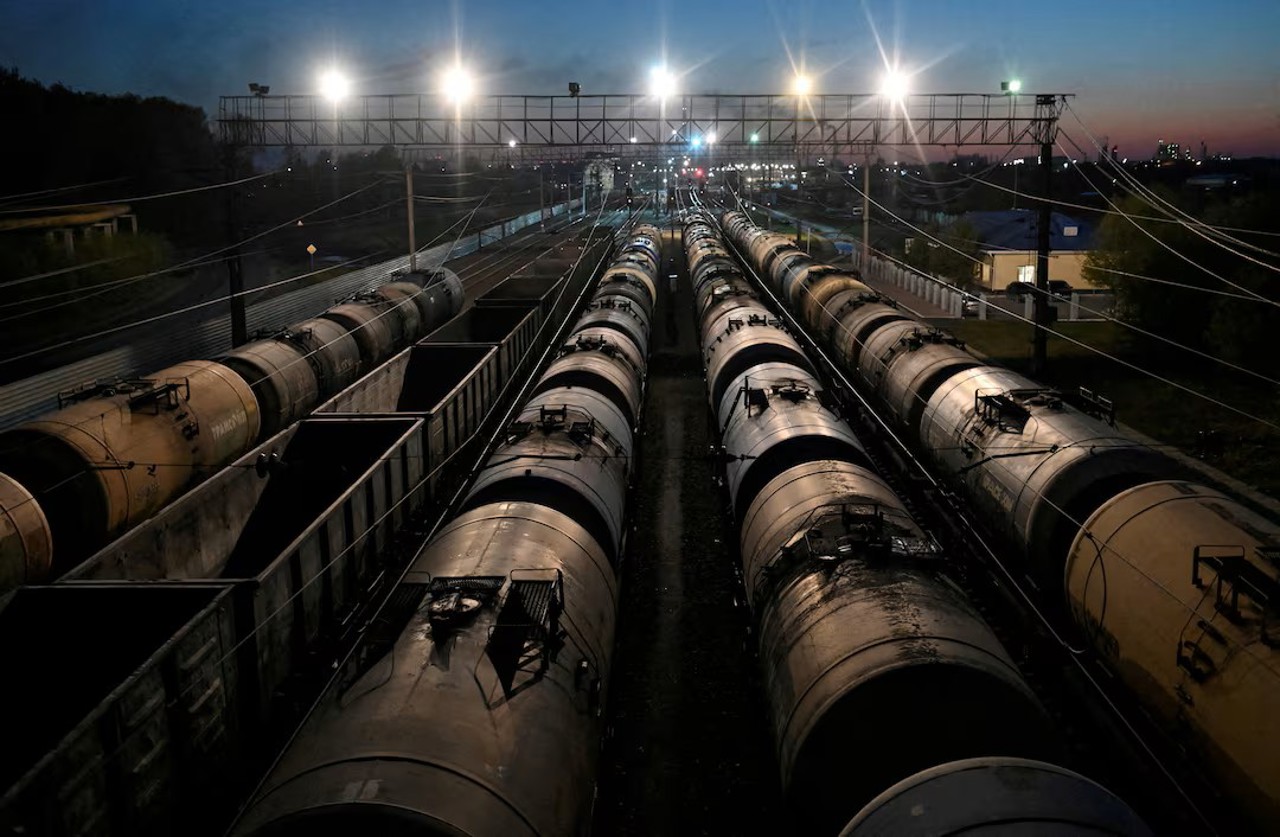EU sanctions failing? Russia's oil trade thrives
Since Russia's initial assault on Ukraine, the EU, the United States, and the G7 have levied unprecedented sanctions on Moscow.

Restrictions targeting oil exports constitute a critical component of the Russian economic system, enabling a reduction in Moscow's revenue streams crucial for financing its war effort. Consequently, the Putin regime is actively pursuing avenues to circumvent these sanctions.
An exposé by the French newspaper Le Monde, published on October 30th, revealed an extensive system for evading sanctions, orchestrated by a network of firms with ties to Coral Energy, an ostensibly unremarkable commodity trading company.
Based in both Geneva and Dubai, Coral Energy was a key partner for Russia before the onset of the Ukrainian conflict. Despite assertions that it severed its Russian contracts in early 2022 and remains compliant with Western sanctions, evidence suggests otherwise.
Through a complex web of offshore entities, a fleet of clandestine cargo vessels, and surreptitious transshipments, Coral Energy has enabled Russia to market a substantial portion of its oil internationally. Moreover, its trading operations have been facilitated by financing from European banks, notably Société Générale, and purchases from major oil companies, including TotalEnergies.
This situation exposes vulnerabilities within the Western sanctions regime, particularly concerning the price cap mechanism designed to limit Russia's oil revenue without triggering global price increases that could exacerbate inflation in Europe and escalate debt levels in the Global South. Currently, 70% of Russian oil exports are traded above this price ceiling, significantly bolstering Russia's earnings.
The EU bears some responsibility for authorising Greece to sell numerous oil tankers to Russia in 2022. These vessels augmented the fleet of ghost ships operating under flags of convenience, effectively obscuring the origin of the hydrocarbons and posing a significant environmental threat to European coastlines.
While imposing sanctions is a crucial step, ensuring their enforcement is paramount. Unlike the United States, the EU lacks a centralised authority to investigate potential breaches, leaving enforcement to individual member states. This decentralised approach, coupled with insufficient resources and inadequate legal frameworks, undermines the efficacy of the sanctions regime. Notably, the absence of criminal penalties in many member states and the imposition of nominal fines do little to deter violations.
Further compounding the issue is the questionable conduct of banks and oil companies that engage with entities of dubious reputation. These institutions prioritise legal cover over due diligence, turning a blind eye to suspect transactions.
Finally, the role of states that host and facilitate this opaque oil trade demands scrutiny. While Switzerland commendably departed from its traditional neutrality to adopt most of the sanctions, it must now demonstrate its commitment to enforcing these measures on the banks and trading companies operating within its borders.
Author: Dan Alexe
Translation by Iurie Tataru




